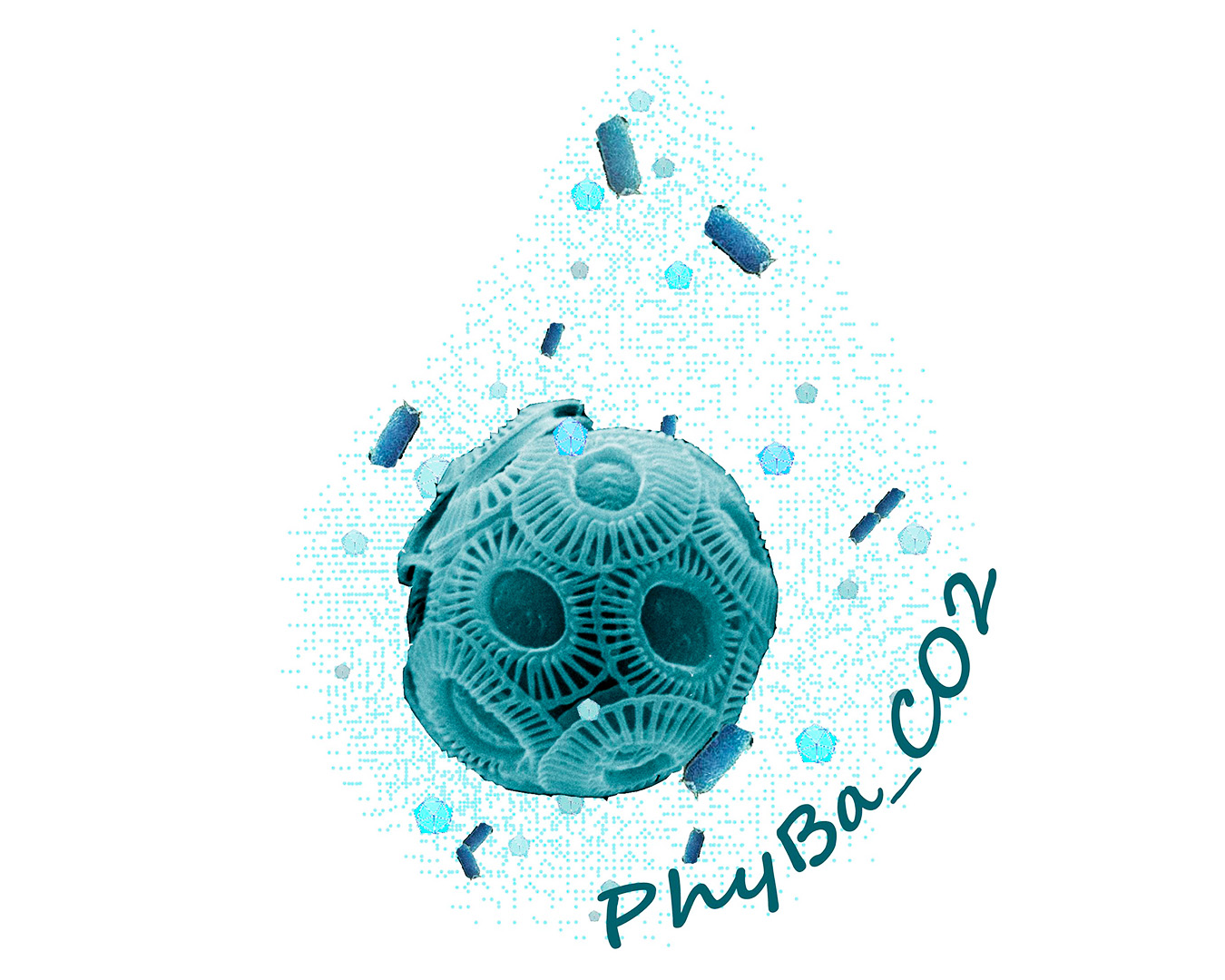
| Acronym: | PO ACORES2020-2015-PhyBa_CO2 |
| Cost Center: | 640 |
| Operation Code: | ACORES-01-0145-FEDER-000038 |
| Title: | Phytoplankton-bacteria interactions: from coexistence to coevolution in a changing ocean |
| Start-End: | 04-12-2016 - 31-08-2019 |
| Entidade Beneficiária Principal: | Fundação Gaspar Frutuoso |
| Gestores da FGF: | Lúcia Cláudio |
| Responsible Researcher: | Joana Barcelos e Ramos |
| R&D Units: | IITAA - Instituto de Investigação em Tecnologias Agrárias e do Ambiente |
| Entidade | Montante |
|---|---|
| Total Eligible Cost | 145.195,99 € |
| Direção Regional da Ciência e da Tecnologia (15.0 %) | 21.779,40 € |
| PO Açores 2020 - FEDER (85.0 %) | 123.416,59 € |
Main Objectives:
The main objective is to investigate the influence of the relationships established between phytoplankton and marine bacteria on the response, both in the short and in the long term, of the former to global changes. Increase Scientific Production of Quality and Oriented to Intelligent Specialization.
Project Description:
Living beings have coexisted since life appeared on planet Earth. This coexistence, whether in a relationship of mutualism, predation or parasitism, influences its evolution. Phytoplankton establish an extremely relevant relationship for biogeochemical cycles with heterotrophic bacteria, since as phytoplankton fix carbon, using light as an energy source, bacteria remineralize the organic matter produced. However, little is known about the role of these relationships in coevolution as well as their relevance in a changing world (eg increase in carbon dioxide, CO2).
This increase in CO2 and the consequent changes in the seawater carbon system influence the physiology of marine phytoplankton. However, consideration is only now being given to the potential that certain species may have to adapt to global changes (e.g. Lohbeck et al., 2012; Müller et al., 2010; Bell and Collins, 2008) and nothing has yet been done. to investigate the role of the relationships established between organisms that coexist in their evolution. Thus, this project will analyze if / how the interactions established between coexisting organisms affect the responses of living beings to the increase in carbon dioxide (CO2).
Results:
Publications in international journals 4; Communications and scientific meetings 2; Reports 3; Organization of seminars and conferences 4.



